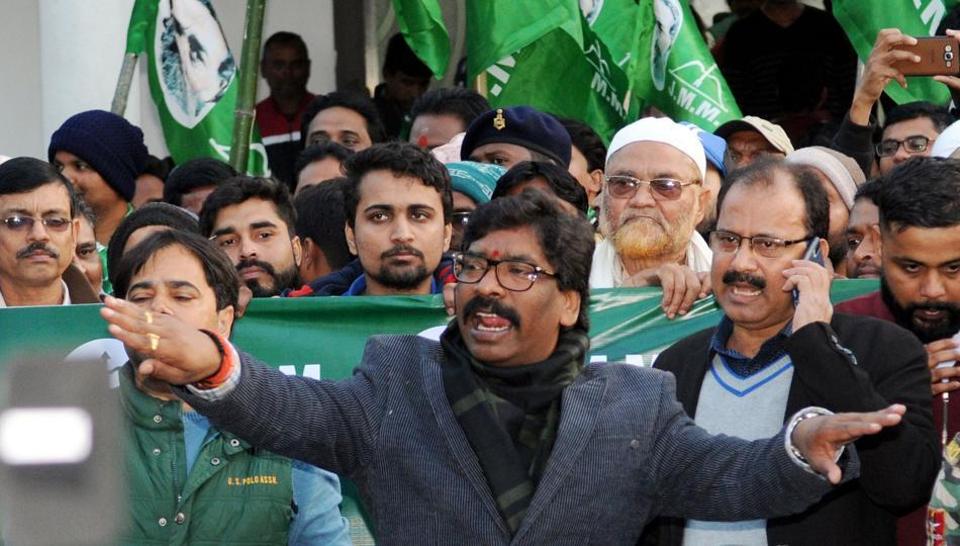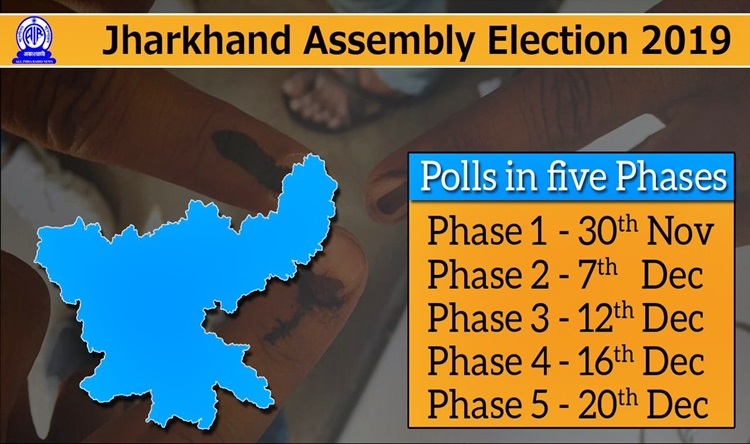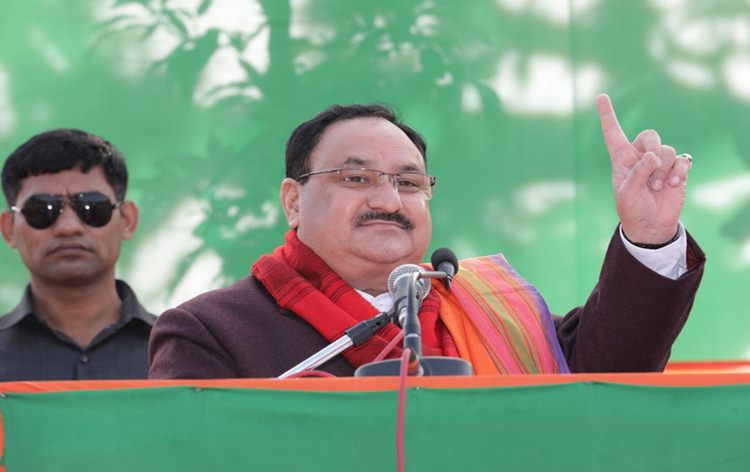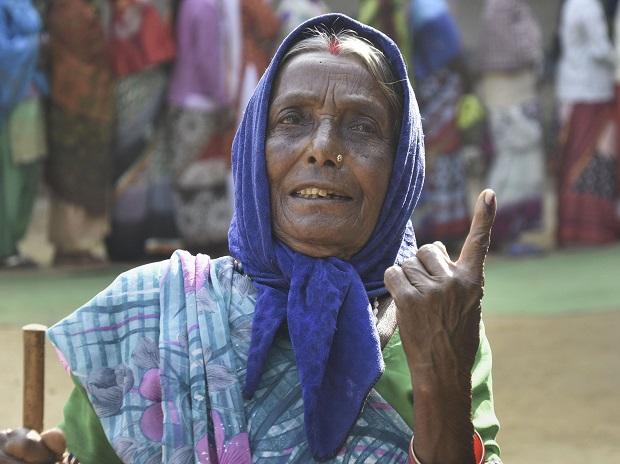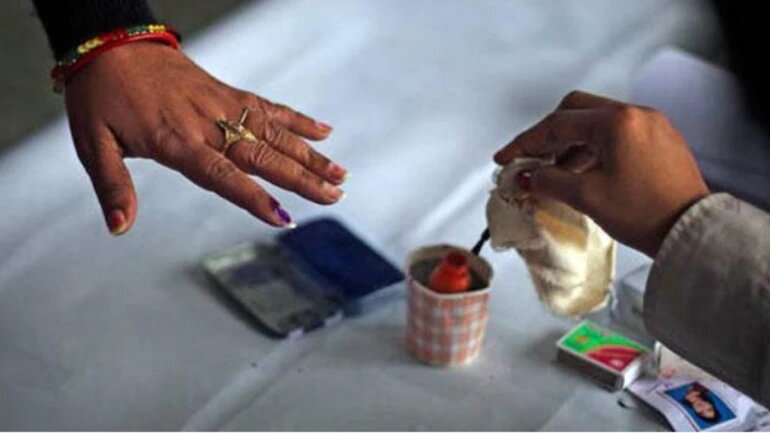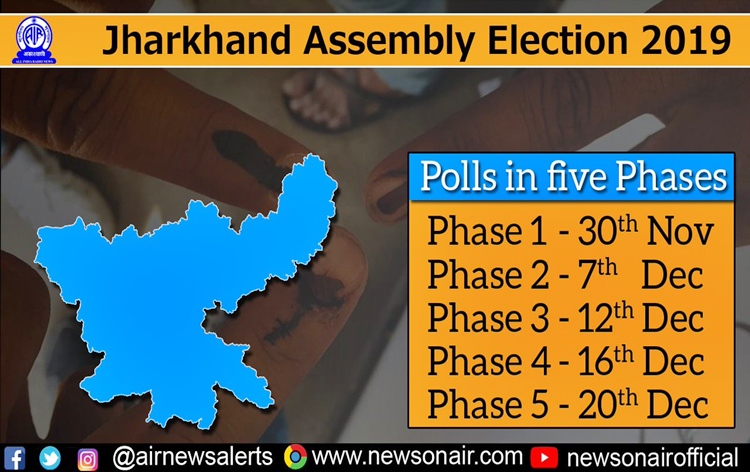Source – hindustantimes.com
At a Bharatiya Janata Party (BJP) rally in the Jamtara constituency for the Jharkhand assembly elections, Uttar Pradesh chief minister Yogi Adityanath asked the crowd: “Koi Irfan Ansari jitega toh Ram Mandir kaise banega? (If some Irfan Ansari wins, how will Ram Mandir be constructed?)”. This was just one of the many instances of how BJP leaders used the Ram Mandir, the reading down of Article 370, the Citizenship (Amendment) Act (CAA) and the National Register of Citizens (NRC) to mobilise voters on communal lines in the elections.
In Jamtara, Irfan Ansari, the gathbandhan’s candidate, supported by voters of all communities, won by a margin of more than 35,000 votes. Not just in Jamtara, but gathbandhan’s decisive win across Jharkhand shows that voters were not impressed with the BJP’s Hindutva agenda. Rather than gaining, the BJP ended up losing a few seats as compared to 2014. The gathbandhan, comprising the Jharkhand Mukti Morcha (JMM), the Congress and the Rashtriya Janata Dal (RJD), won 47 seats (JMM – 30, Congress – 16, RJD – 1), while the BJP secured only 25 (down from 37 in 2014) in the 81-seat assembly.
The results have surprised many as the BJP (with All Jharkhand Student Union party) won 12 of 14 Lok Sabha seats in the state only six months ago. In the general elections, the BJP was able to sway voters on Hindutva, nationalism and its so-called “vikas” model. But this time, the party paid dearly for the widespread unpopularity of chief minister Raghubar Das and its severing of ties with the All Jharkhand Student Union, which is supported by an OBC base. The striking takeaway is that, unlike the Lok Sabha election, this time, people voted mainly on misgovernance and failures of the BJP-led government. The opposition parties also played their role in mobilising voters on local issues.
The BJP’s “vikas” model – roads, toilets, houses and LPG cylinders – may have got the party some votes. But the general neglect of welfare – food security, social security schemes, public health and education – cost the party many more. Disruptions in the Public Distribution System due to its linkage with Aadhaar was a common complaint across the state. The breakdown of food security schemes also led to the death of at least 23 persons because of starvation.
Both the state and central BJP leadership often referred to the Das government’s work as “double-engine vikas” i.e. development powered by same party at state and Centre. This was also a key pitch in this election campaign. But it failed to cut ice in the face of rising unemployment, stagnating rural wages and economic insecurities of people.
There was increasing disconnect between the government and the needs of the people, exemplified in tribal areas (Scheduled Tribes comprise 26% of the total population). Despite increasing its cultural and political footprint in the 28 Adivasi Vidhan Sabha seats over the years, the BJP could win only two (whereas it got 11 in 2014). In the last five years, the party gained the reputation of being detrimental to tribal interests. A major reason was the attempts by the government to forcefully acquire tribal land for corporates. To this effect, the government repeatedly tried to amend local tenancy laws. It was forced to abort these efforts after they were met with massive protests across the state. The repressive response of the government to several protests against these policies alienated the tribals further.
To weaken the protests, the state government tried to divide the adivasis on religious identity. It formulated the anti-conversion act and used it to pit non-Christian adivasis against Christian ones. The blatantly communal agenda of the government was further exposed by the series of mob lynching incidents. Since 2014, Jharkhand has witnessed the highest number of incidents of lynching against Muslims and tribals – mostly triggered by rumours of consumption, smuggling or slaughter of cows. In many cases, local leaders of the BJP or other members of saffron groups were involved or extended tacit support to the perpetrators.
To the opposition’s credit, it focused on people’s issues throughout its campaign and effectively exposed the failures of the government. Unlike in the Lok Sabha elections when the opposition failed to get its act together on the ground, the parties, mainly JMM, mobilised people through yatras, rallies and door-to-door campaigning. The opposition could communicate its commitments and messages clearly to the voters. Moving beyond the traditional Adivasi vote base, the JMM was able to make inroads amongst the electorally significant backward caste voters (OBCs comprise about 35% of population). It was also successful in consolidating votes on the question of “Jhakhandi” identity as opposed to BJP’s Hindutva.
Despite driving its campaign with a “double engine” fuelled by 20 rallies of Modi and Amit Shah, the BJP, as expected, is trying to distance its national leadership from the loss. But the result is as much a reflection on state government’s failure as a statement against the BJP’s communal and divisive politics. As massive people protests against the CAA and NRC continue across the country, the Jharkhand result comes as an electoral referendum against the two policies. The question is will the national Opposition take a leaf from this result and take a clear stand against BJP’s Hindutva in the days to come.
